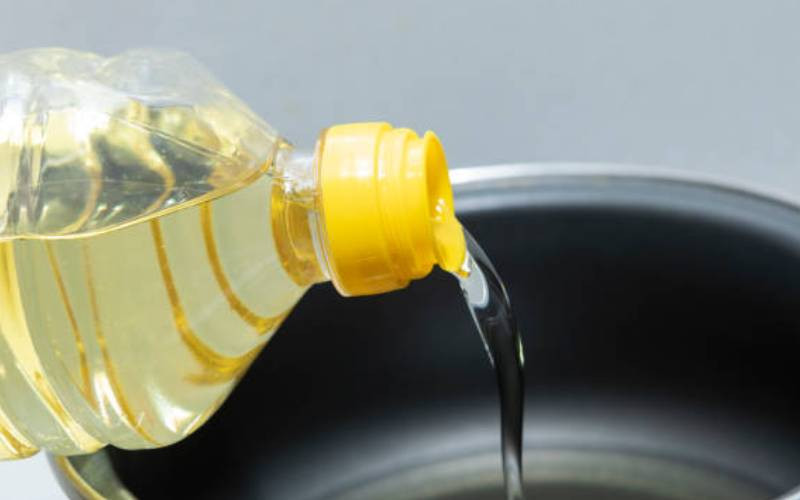×
The Standard e-Paper
Kenya’s Boldest Voice

The Kenya Bureau of Standard (KEBS) has suspended the sale of 10 cooking fat brands for non-compliance with set standards.
In a Statement, KEBS said it ordered the recall to protect consumers from potentially unsafe products and to safeguard the economic interests of compliant brands.